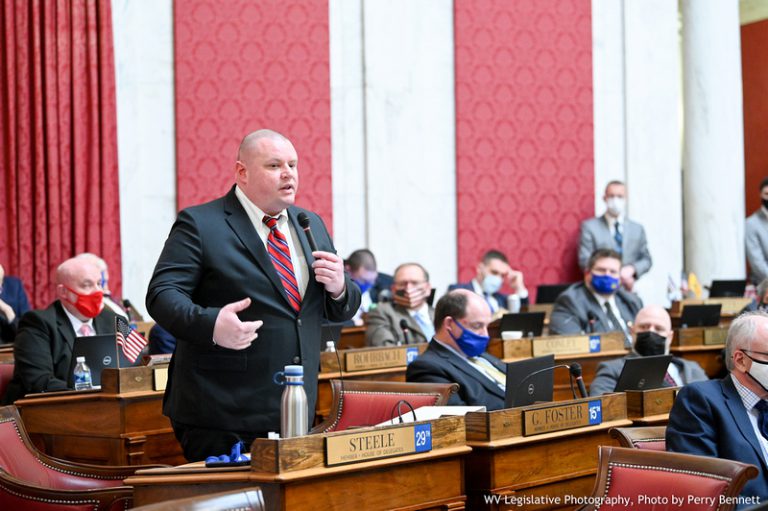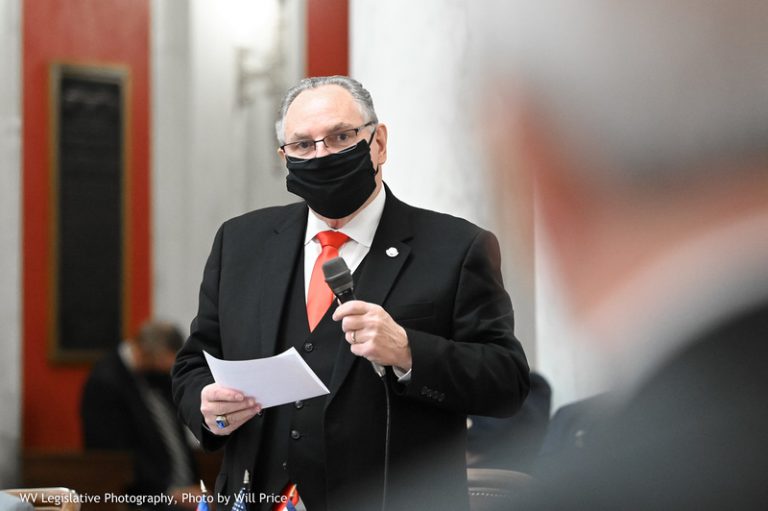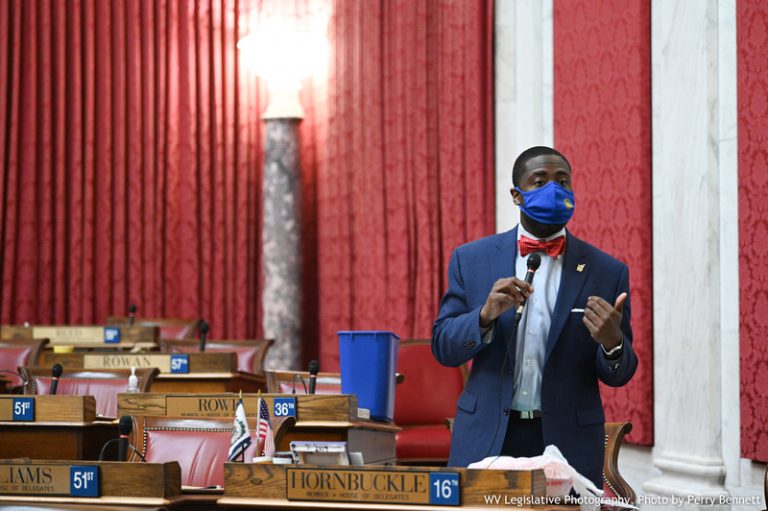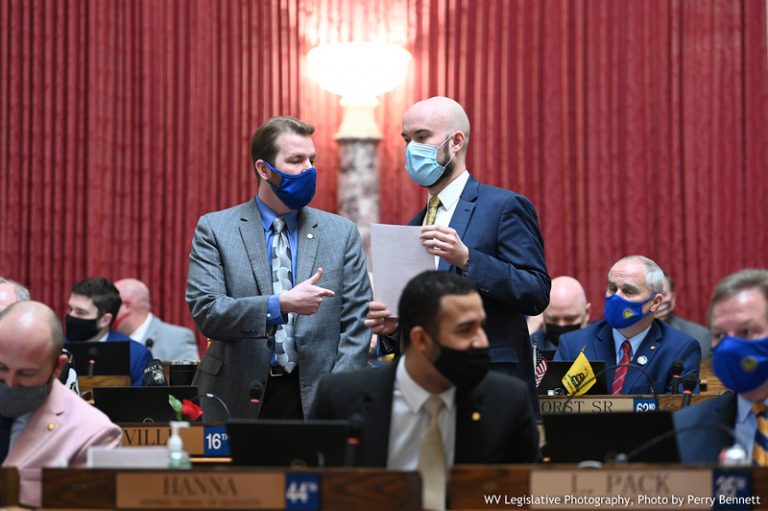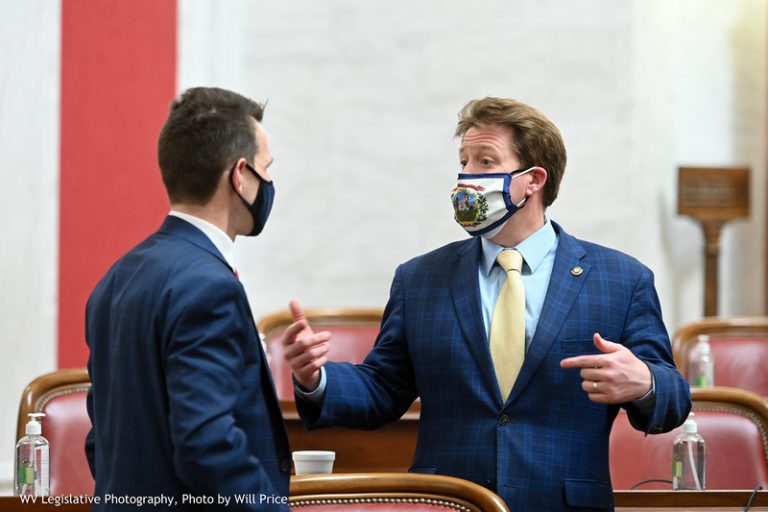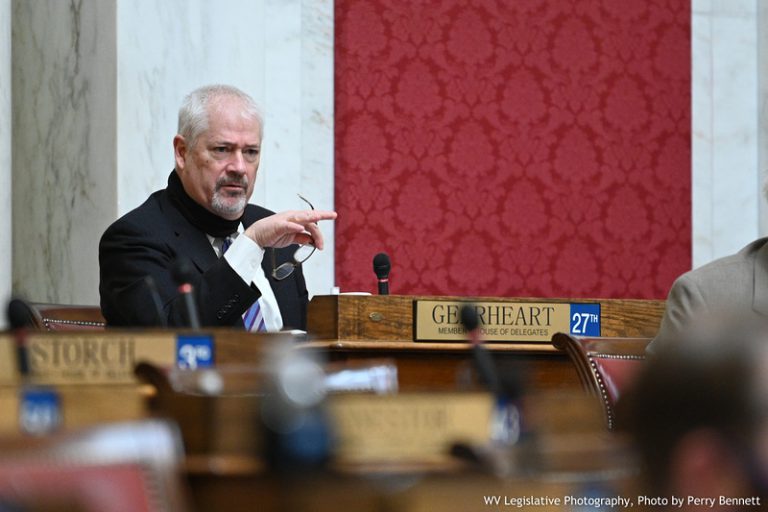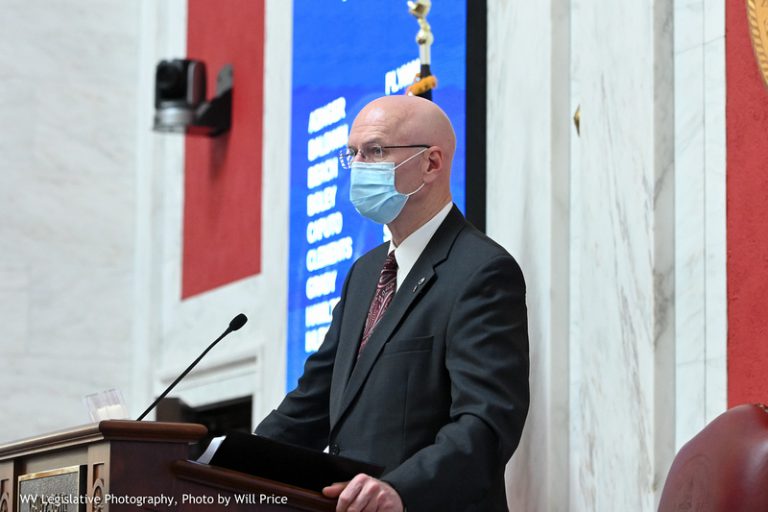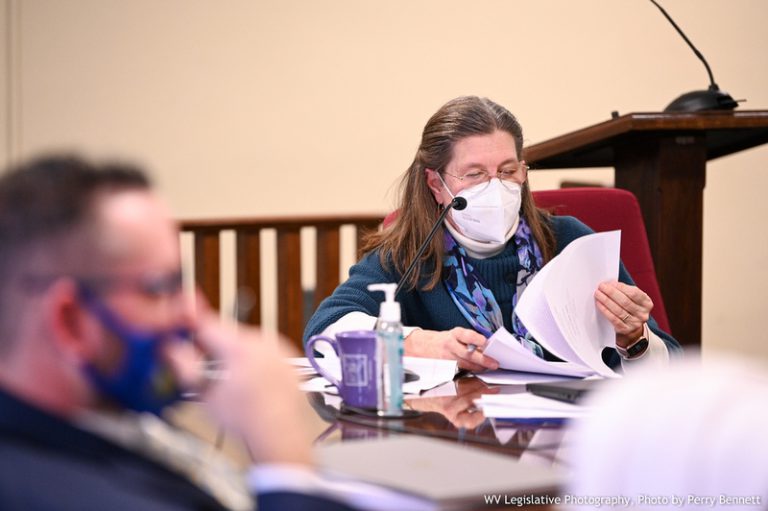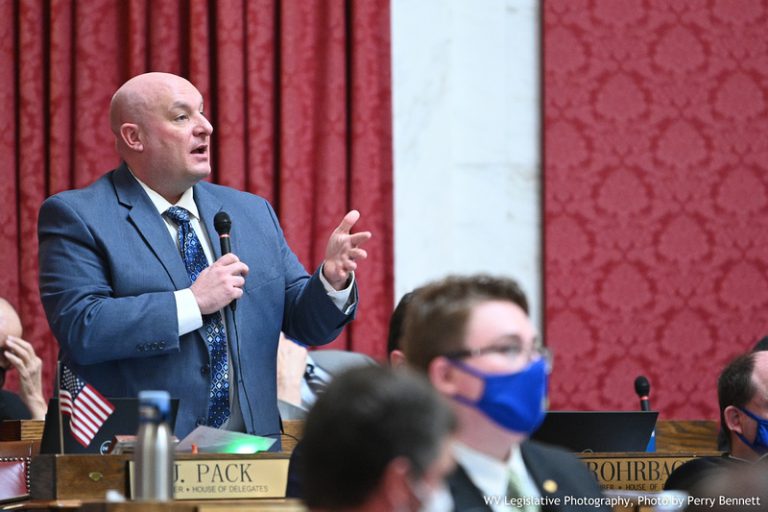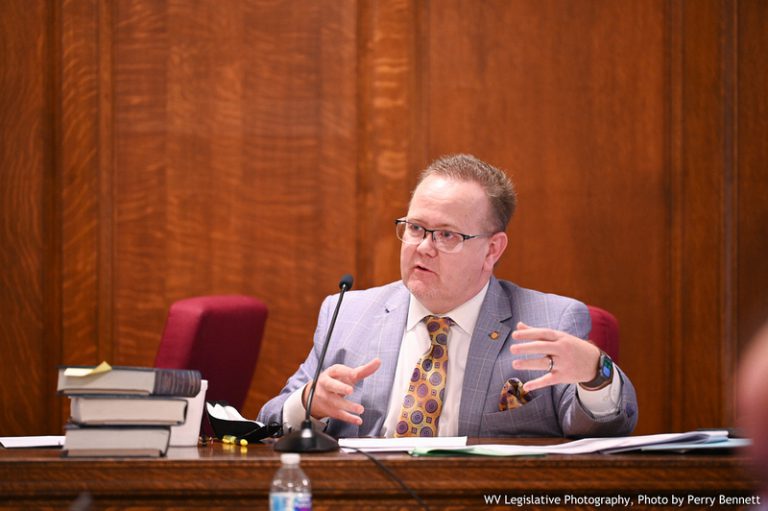Today, the House met and passed five bills, including House Bill 2025, House Bill 2002 and House Bill 2791.
House Bill 2025 provides liquor, wine and beer licensees with some new concepts developed during the State of Emergency utilizing new technology to provide more freedom to operate safely and responsibly. The bill allows for alcohol sales to begin at 6 am and the ability to offer sealed liquor drinks. The bill creates several new licensees including, permits for in-vehicle delivery. outdoor dining and outdoor street dining when authorized by a municipality for beer, wine and liquor, license for a private caterer to provide alcohol at a venue that is not license, private club license, private bar license, tennis club licenses, wedding venue or barn venue license and multi-vendor fair and festival license. The bill reclassifies hard cider as a wine, establishing a hard cider tax rate, and creates a new fund for the Agriculture Department to facilitate fruit production for use in hard cider.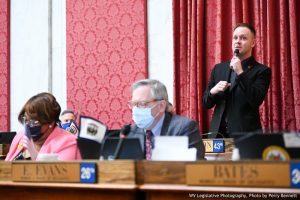
House Bill 2002 sets the framework to support, encourage and expedite broadband expansion in West Virginia. It codifies the Office of Broadband, which was created last year by the Governor. The Office will establish a mapping of the broadband throughout the state. The bill also allows political subdivisions to expand broadband. The bill also requires companies receiving federal or state funding for broadband expansion to report to the legislature.
House Bill 2791 requires county boards of education to permit students who are homeschooled or attending private schools to enroll at the county vocational school. The bill states no additional fees may be charged to the student other than those charged to the traditional student.
House Bill 2013 was on second reading and advanced with the right to amend on third reading.
Committees
Today
- The Committee on Prevention and Treatment of Substance Abuse will meet at 2 pm in Room 215E.
- The Committee on Political Subdivisions will meet at 2 pm in the House Chamber.
- The Committee on Veterans Affairs and Homeland Security will meet at 3 pm in Room 215E.
- The Committee on Technology and Infrastructure will meet at 3 pm in the House Chamber.
Tomorrow
- The Judiciary Committee will meet at 9 am in Room 215E.
- The Finance Committee will meet at 9 am in the House Chamber.
- The Rules Committee will meet at 10:45 am in Room 410E.
- The Education Committee will meet at 1 pm in the House Chamber.
- The Committee on Government Organization will meet at 1 pm in Room 215E.
- The Committee on Energy and Manufacturing will meet at 3 pm in the House Chamber.


